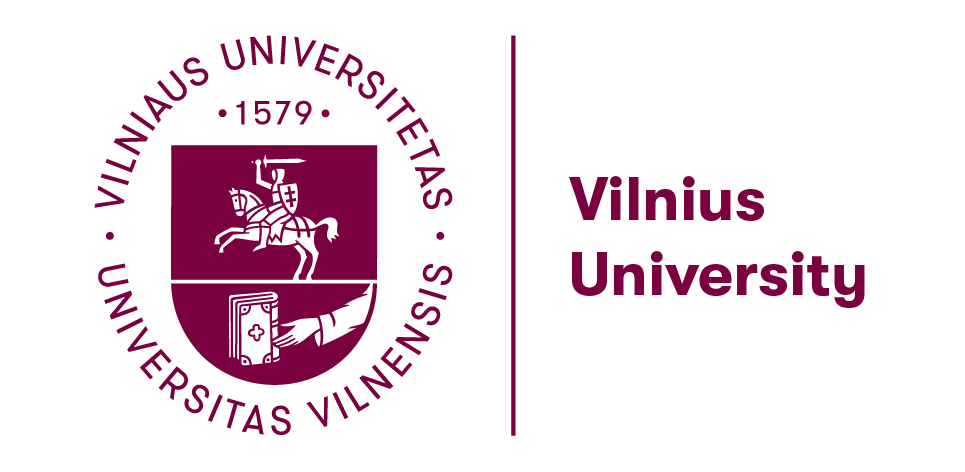A. Jakaitienė, A. S. Camanho, F. Barbosa, D. Stumbrienė
North American Productivity Workshop XI (NAPW XI), June 8-12, 2020, Miami, Florida, USA.
Abstract. The assessment of progress of education systems over time is at the top of the agenda of governments and educational authorities worldwide. The European Commission monitors the performance of education systems in Member States according to the strategic framework “Education and Training 2020“(ET2020). Educational effectiveness or educational quality, which are frequently used as synonyms, can be defined as the degree to which an education system achieves the desired goals and effects. In the context of education systems in European countries, goals and effects are represented in terms of education systems achievements outlined in the strategic framework ET2020. In this study we assess the evolution of European countries performance in terms of the common objectives for the education sector. The framework used to evaluate European education systems is based on the construction of a composite indicator adopting a ``benefit-of-the-doubt'' approach. The evaluation of performance change over time is done using a global Malmquist index. An innovative formulation using Mixed-Integer Linear Programming is proposed to estimate performance against a non-convex metafrontier. We assessed the performance of education systems in 29 European countries analysing the ET2020 indicators for the period 2006-2015.We use annual data collected from EUROSTAT and OECD databases. We observed the convergence of European countries for half of indicators. Bulgaria, Hungary and Romania have the largest scope for improvement. The results obtained can help monitoring convergence in terms of the educational achievements amongst European countries.




